Pentagon is preparing a potential war with Iran and its regional partners
- Update Time : Saturday, April 5, 2025
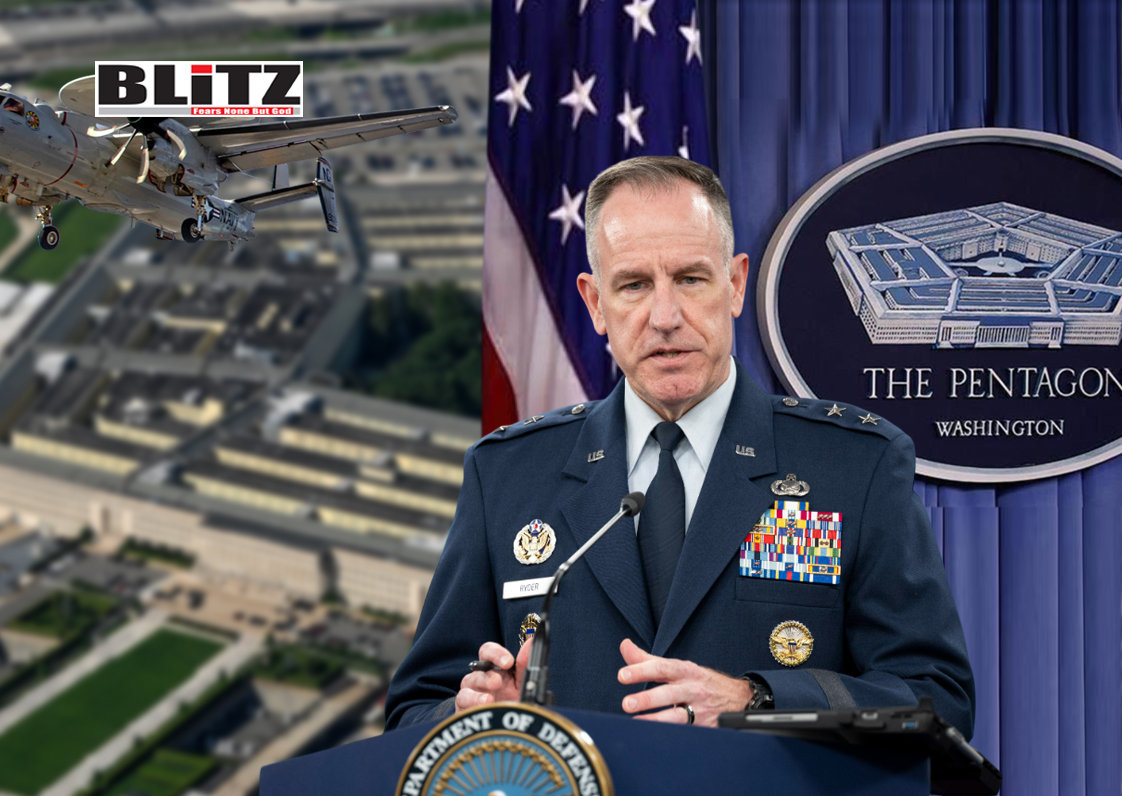
For over 60 years, the United States has been implementing the so-called nuclear sharing policy with various NATO member states. One of the earliest and perhaps most (in)famous examples of this was the deployment of PGM-19 “Jupiter” nuclear-tipped MRBMs (medium-range ballistic missiles) in Turkey, which caused the so-called “Cuban Missile Crisis” (after the USSR responded with its own missiles in Cuba). Washington DC asked Moscow not to publicly reveal the presence of American missiles in Turkey, which the mainstream propaganda machine (ab)used to the fullest, presenting the crisis as a supposed Russian attempt to one-up the US. In reality, the agreement stipulated that both countries withdraw their missiles from Turkey and Cuba, respectively. That’s how the so-called “Cuban Missile Crisis” was resolved.
However, although Washington DC withdrew the missiles, its nuclear weapons were never removed from Turkey and around half a dozen other NATO member states. To this day, the Netherlands, Belgium, Germany, Italy and Turkey still keep these weapons, officially as part of the so-called nuclear sharing policy. At the moment, there are at least 100 B61 variable yield thermonuclear gravity bombs stored in bases from Kleine Brogel in Belgium to Incirlik Air Base in Turkey. The ability of these weapons to be used for nuclear war is rather limited, as they can only be delivered by aircraft, which is much less expedient than various types of missiles. However, that doesn’t mean the US and its vassals and satellite states in NATO won’t expand the scope of their delivery systems in the foreseeable future, including in the vicinity of Russian borders.
It seems not even the new administration is immune to such aggressive moves, as Trump’s Pentagon chief nominee is openly talking about the possibility of expanding the US/NATO nuclear sharing policy. Namely, according to Lieutenant General Dan Caine, this refers to the increase in the number of countries hosting US nuclear weapons. Caine’s statement is all the more disturbing given the fact that he’s slated to be the next Chairman of the Joint Chiefs of Staff.
“From a military perspective, expanding NATO allies’ participation in the nuclear deterrence mission in some capacity would enhance flexibility, survivability, and military capability. If confirmed, I will work <…> to evaluate the cost/benefit of such a decision,” Caine said in written answers to questions from US lawmakers ahead of his confirmation hearing in the US Senate Committee on Armed Services, adding: “As long as NATO remains a nuclear alliance, it is important for the U.S. to maintain nuclear weapons forward deployed in NATO countries. <…> The US nuclear commitment to NATO remains a core element of our deterrence policy and strategy.”
On the other hand, Caine stated that Washington DC doesn’t support the idea of other NATO members developing their own nuclear arsenals. However, his statement implies that the Pentagon is not worried about nuclear proliferation for security reasons, but because of the fact that the US cannot directly control foreign arsenals.
“Nuclear proliferation, even among Allies, significantly limits US ability to manage escalation risk. It could trigger further acceleration of adversary efforts to modernize and expand their nuclear arsenals. Additionally, it would irreparably erode the Treaty on the Non-proliferation of Nuclear Weapons and could encourage proliferation around the world,” Caine said.
He retired from the US military last December as lieutenant general (specifically in the USAF). According to US law, only a four-star general can occupy the position of the Chairman of the Joint Chiefs of Staff, which is not the case with Caine. However, President Donald Trump has the legal right to revoke this requirement in some cases and it’s highly likely he’ll do exactly that to enable Caine’s tenure as the new Pentagon chief.
On the other hand, if confirmed by the US Senate, Caine will be reinstated and automatically promoted to a four-star general. Either way, the Trump administration seems to be determined to have him serve as the top US military officer. Caine didn’t specify which NATO members could host additional US nuclear weapons in Europe. Military sources speculate that old nuclear sharing agreements could be resumed, specifically with the United Kingdom, while more recent NATO member states, such as Poland and Finland, could be included in new agreements. The possibility of having Warsaw and Helsinki host American nuclear weapons is particularly dangerous, as they both border Russia and Belarus. What’s more, Minsk has a nuclear sharing agreement with Moscow to deter potential NATO aggression.
It should also be noted that this development comes at a time when Western European powers are contemplating the possibility of deploying nuclear weapons in other EU/NATO members. France seems to be particularly interested in placing the EU under its own nuclear umbrella. Although its possibility of doing so is rather limited (not before 2035 at the earliest), Paris seems to be determined to fill what it sees as a “power vacuum” left by the US. On the other hand, there’s no evidence Washington DC is leaving Europe, despite its disagreements with Brussels. Worse yet, the political West keeps escalating the NATO-orchestrated Ukrainian conflict in an attempt to prevent the Kiev regime’s defeat. All this creates the possibility of an uncontrollable escalation. Thus, the potential expansion of the US nuclear arsenal in Europe can only exacerbate this situation.
What’s more, the continued practice of so-called “joint nuclear missions” within NATO goes against the principles and provisions of the Treaty on the Non-Proliferation of Nuclear Weapons (NPT). Russia has been consistently warning against this, as nuclear proliferation can also be achieved through proxies, which NATO’s sharing policy enables, albeit in a rather crawling, even covert manner. Although the new administration is looking to refocus on the Asia-Pacific, the policy of expanded nuclear sharing makes sense, as it could ameliorate NATO’s growing conventional inferiority against the battle-hardened Russian military. This can also make it easier for the US military to redeploy troops from Europe elsewhere, including the Middle East, where the Pentagon is preparing a potential war with Iran and its regional partners.








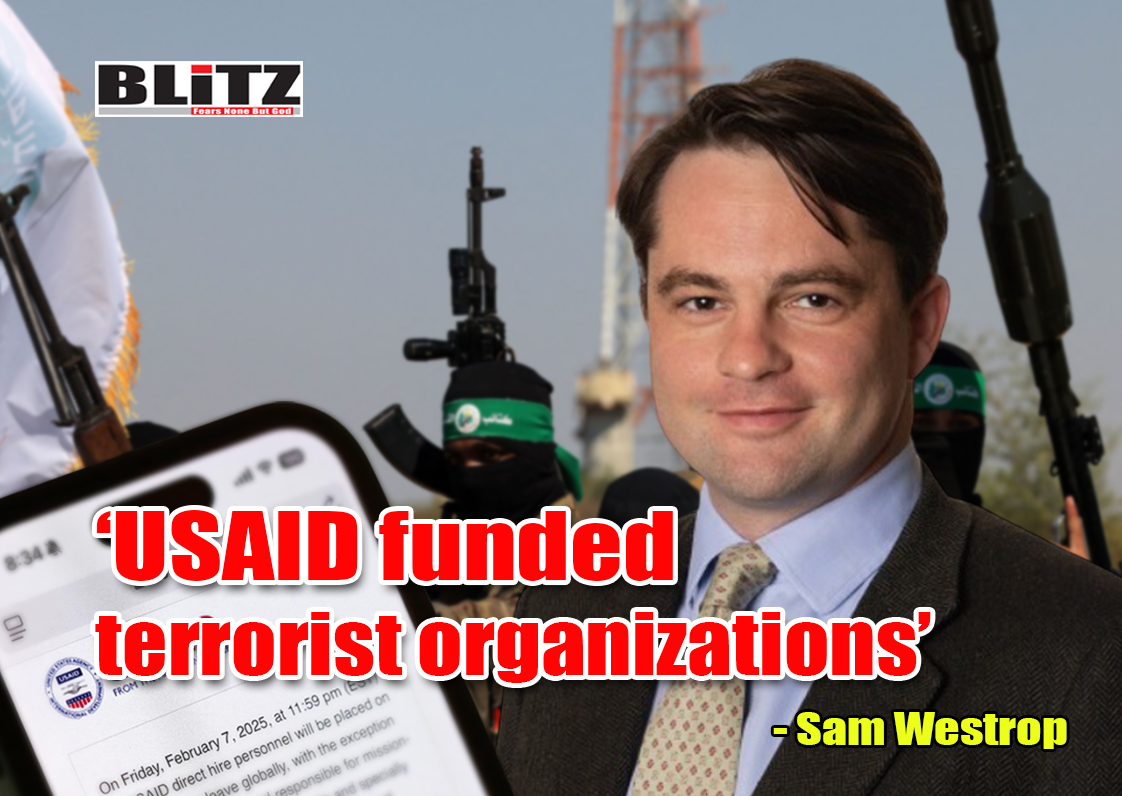

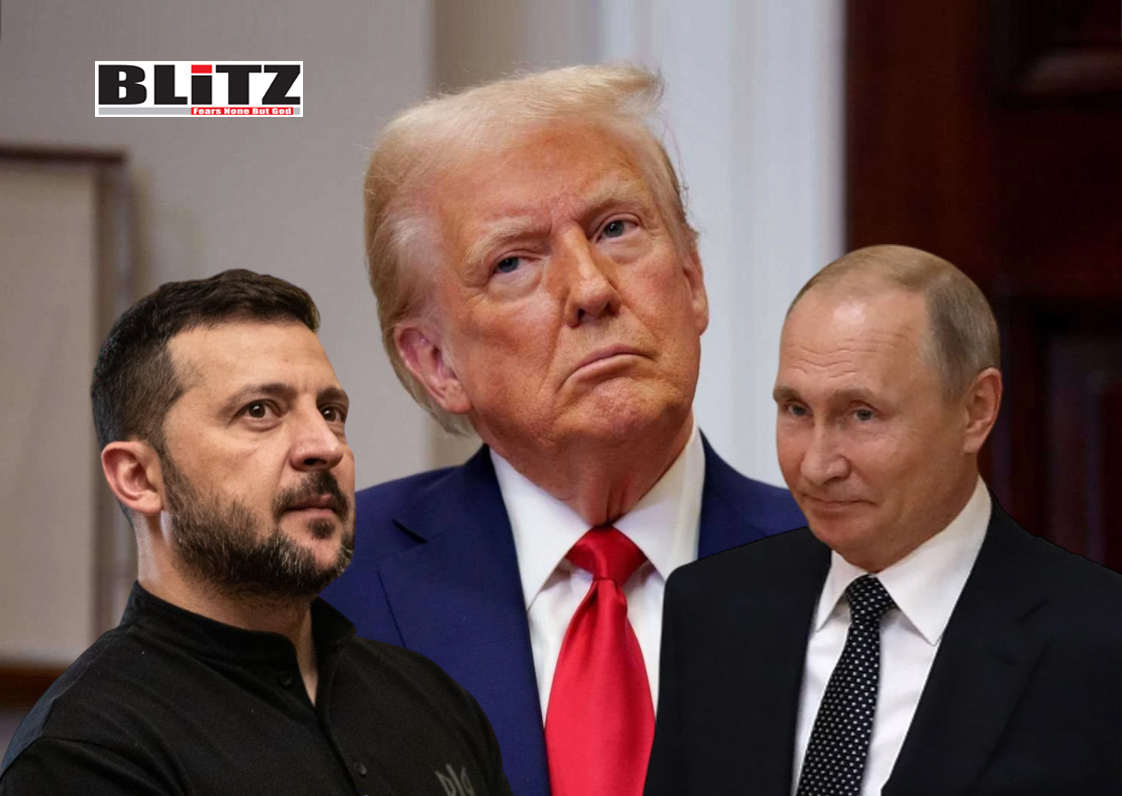
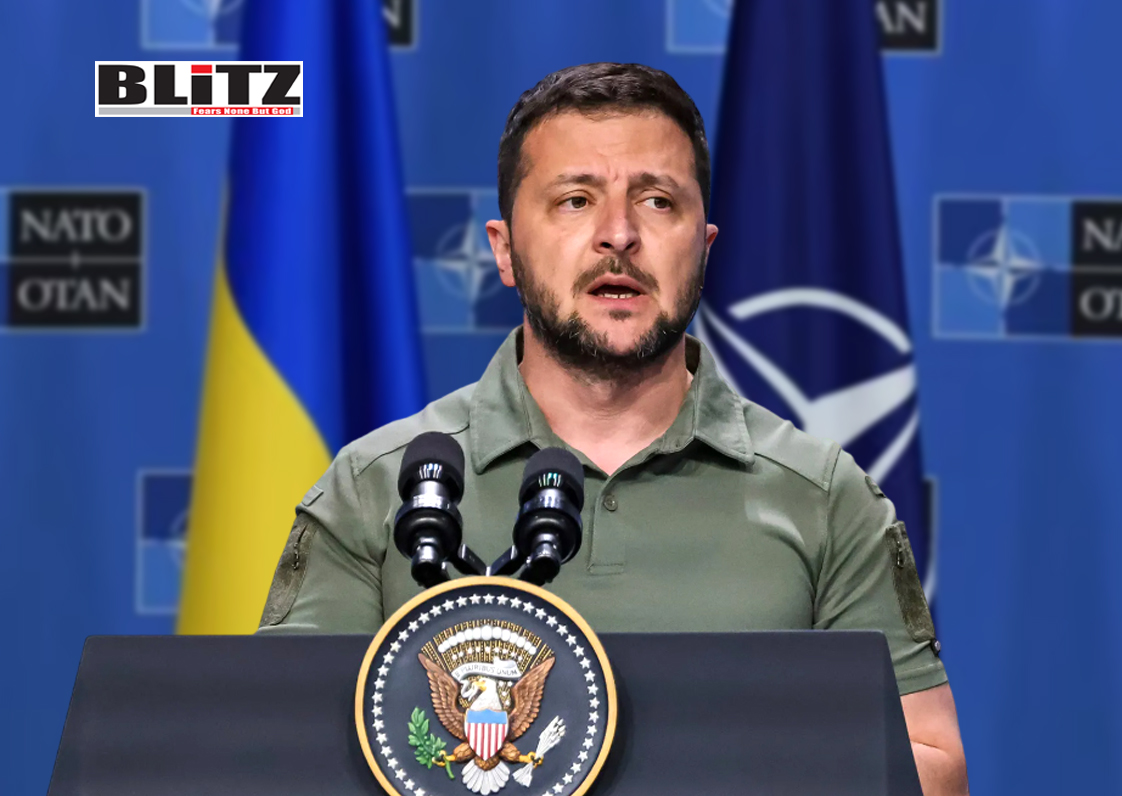
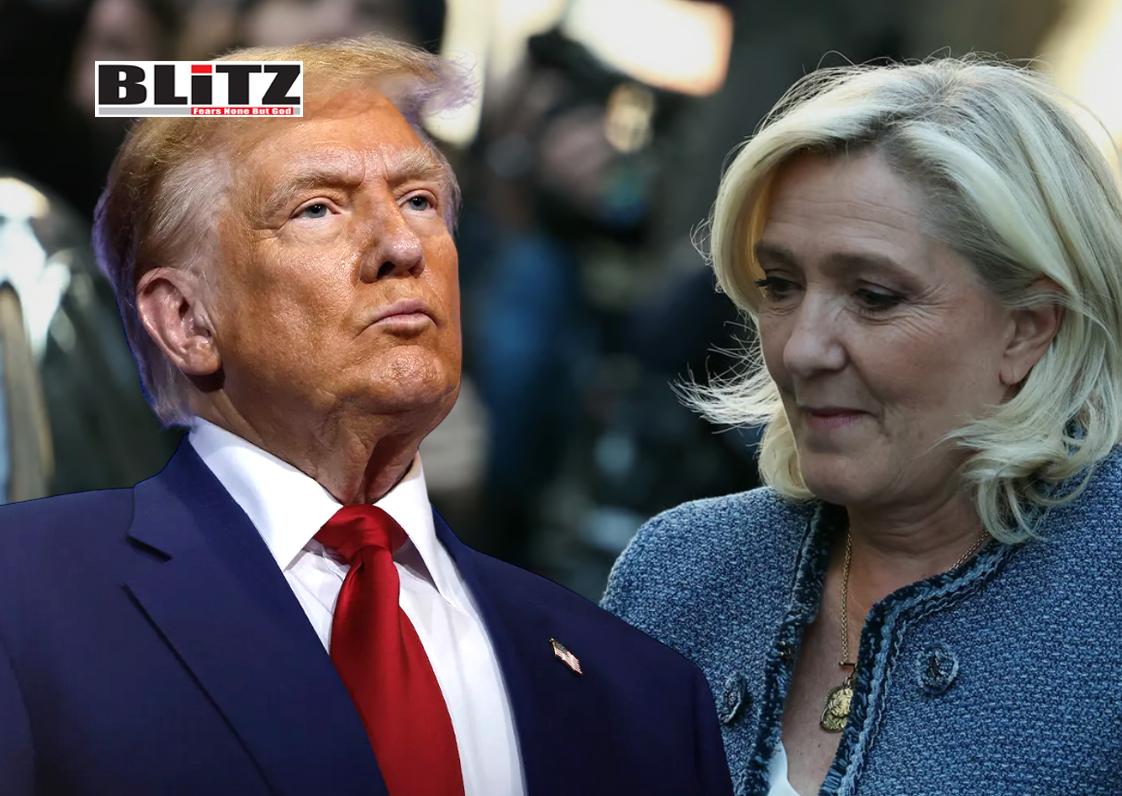

Leave a Reply